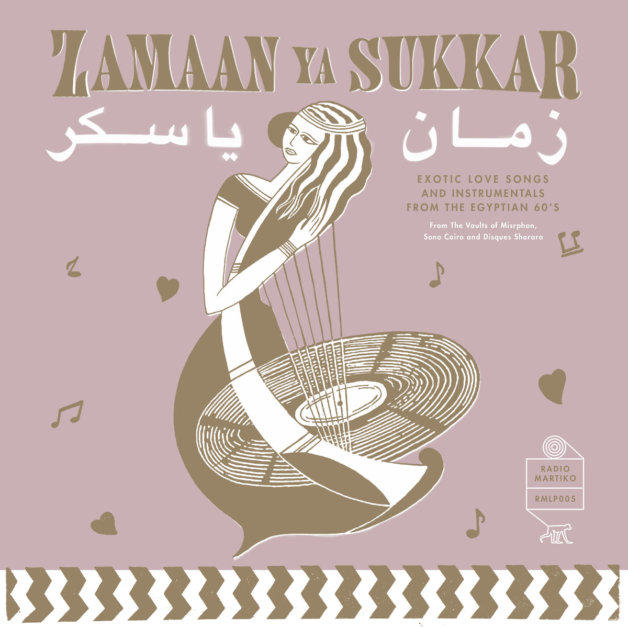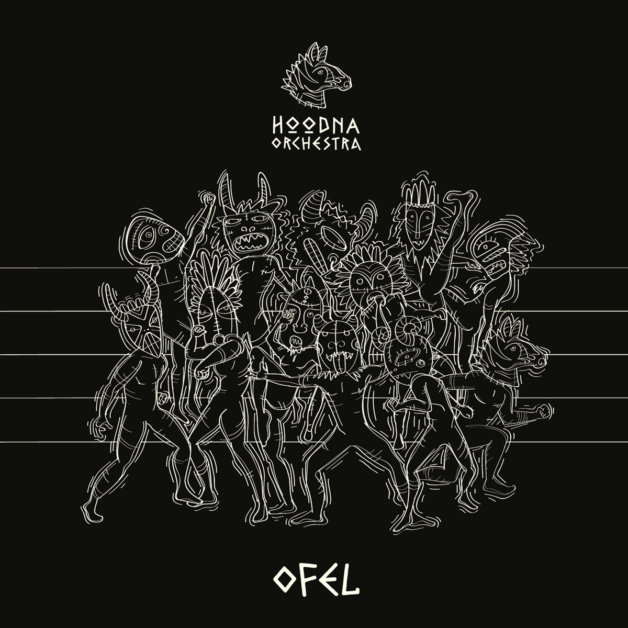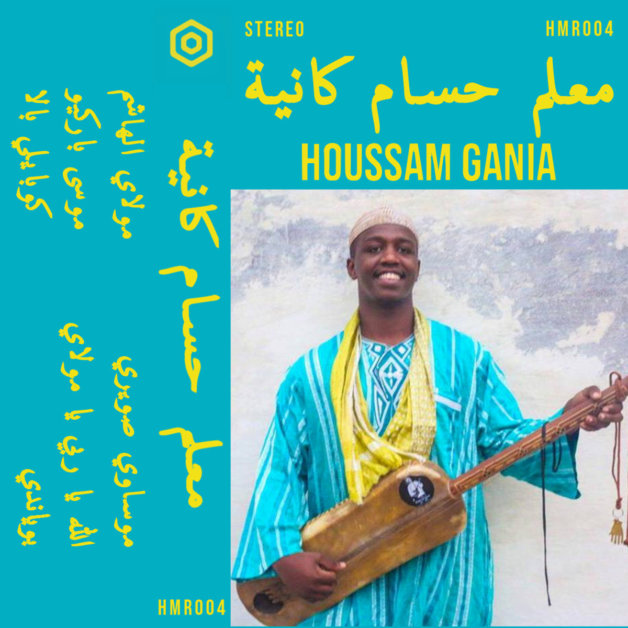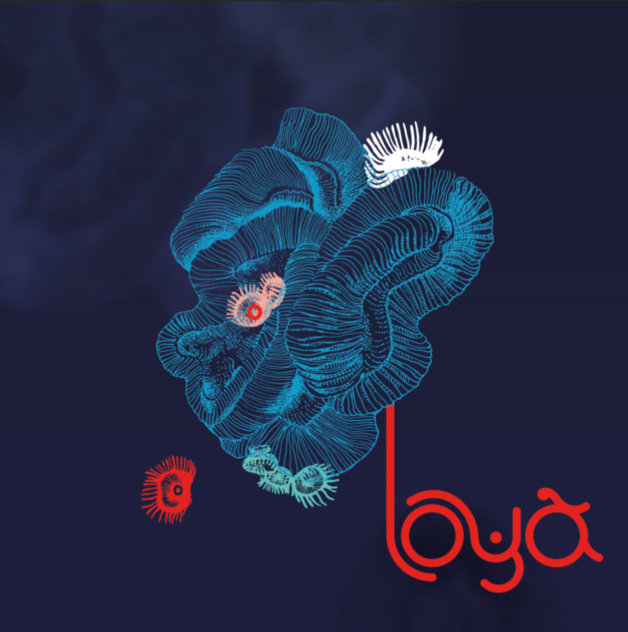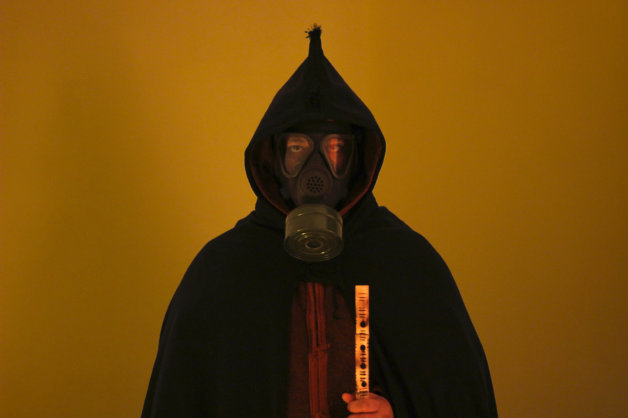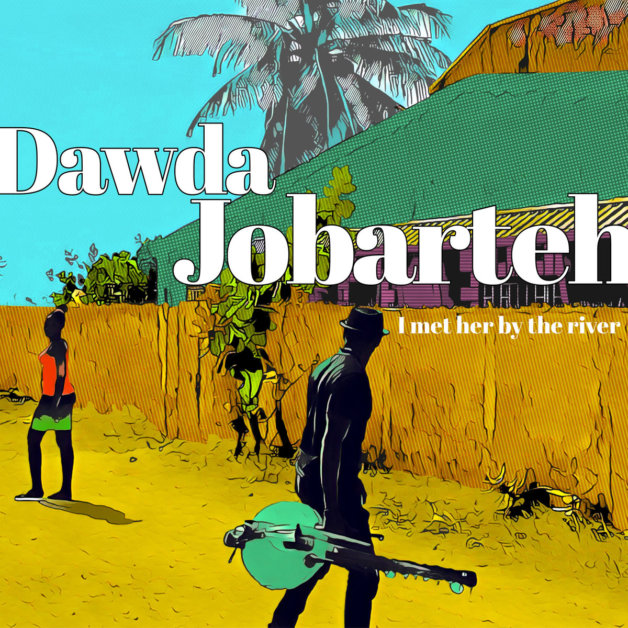Szolnok
Yesterday marked release day for Australian-born and Berlin-based violinist Daniel Weltlinger and his brand new album. On “Szolnok” Daniel tells the amazing and true story of his grandfather’s violin, on his grandfather’s violin. Playing that same instrument from the eponymous Hungarian town (a name written on the label inside the violin itself), which his grandfather, Zoltan Fyszman, carried with him to the far reaches of the globe through the turmoil of world history, Daniel now embarks on a musical journey through time and across the continents:
“First from Hungary on foot to France between 1920-1922, then across Morocco and to Australia, where he died in 1998 as ‘Zoltan Fishman’ at the age of 96. Until the very end he was still playing his violin. His grandson [Daniel] inherited the violin from him, and brought it back to Europe on October the 11th, 2017. Two days later he inadvertently performed the German national anthem on the violin together with a Turkish ensemble at Schloss Bellevue as part of a concert for the Federal President.”
The album can be seen as a timeline, beginning from the instrument’s origins in Szolnok up to the present day in Berlin, where the violin now resides. Composed mainly of original material, “Szolnok” blends jazz, classical, folk and improvised music, as Daniel is accompanied by his quartet, namely Uri Gincel on piano, Mathias Ruppnig on drums and Paul Kleber on bass. "My reasoning for choosing Uri, Mathias and Paul to create this quartet has to do with their truly open sense of sound, which to me is when musicians can play outside of a conventional style of music and have the creative freedom to do whatever they hear and want in the moment that fits, which is exactly what these guys are capable of.”
For Daniel, the dream of starting a jazz quartet under his own name in Europe to record and perform his original music and ideas had been a long time coming. It just so happened that said violin and one of his grandfather’s old set lists provided the proverbial spark and the musical story began to take shape in Daniel’s mind.
A 2017 workshop with renowned Indian violinist L. Subramaniam inspired the pizzicato album opener, reminiscent of an old clock. Track two, “Ernő”, is dedicated to his grandfather’s brother, who fell victim to the Spanish flu in 2018. “1921” is a jazzy track with a dark and brooding Hungarian-Romanian bass line and eerie violin tremoli, alluding to his grandfather’s passage from Hungary to France. French chansonist Henri Alibert’s “Bonjour, Bonsoir, Adieu Marseille” represents Zoltan’s time in the south of France, working in café orchestras. Anna Marly’s magical “Le chant des partisans” and Weltlinger’s “North Africa” reference Zoltan’s escape to the African continent, where he settled in Casablanca after the war and met his future wife, whom he serenaded with the "Barcarolle" from Jacques Offenbach’s “Hoffmann’s Tales”. “Mr. Fishman” then is dedicated to Zoltan’s time in Australia, his “twilight years”, and incorporates field recordings of birds and insects, followed by “La Famille” and “Tranquille à Sydney”; peace at last. Finally, “2018” embodies the philosophy behind this album of “time, survival and continuity”, as it slowly leads listeners to Berlin, where the album concludes with Manuel María Ponce’s “Estrellita”, which we unveiled a few weeks back.
“My grandfather loved to serenade people – often with a bottle of Slivovitz, Pernod or Johnny Walker Black close at hand – and his style of playing was heavily influenced by the café orchestras he had worked in as a semi professional musician in France […]. I grew up totally entranced by both him and his violin playing, his smile and that twinkle in his eyes whenever he played is something that remains in my heart forever. He had two violins: the violin from Szolnok that had been his brother’s, as well as a Bohemian violin that my mother bought for him at an auction many years before. These violins were his babies. After he passed away in 1998 I inherited both his violins, but chose to play the Bohemian violin as I actually preferred it out of the two instruments as it has a sweeter tone and is easier to play as opposed to the dark somber tone of the violin from Szolnok. The violin from Szolnok remained in its case with the same strings on it for almost 20 years, before I took it to Europe with me in October 2017,” Daniel recounts.
“Szolnok” releases today on DMG Germany/Rectify Records and is a truly remarkable story about moving forward, brought to life by Daniel and his quartet. The Daniel Weltlinger Quartet will be on tour in Germany this May.
Tour dates:
May 3rd/4th Lindenberg, Dorfkirche
May 8th Berlin, Wabe
May 12th Oderau, Theater am Rand
May 15th Worms, Synagogue
May 16th Koblenz, Kulturfabrik
May 17th Lollar, Studio Kirchberg
May 18th Eltville, Die Salongesellschaft
May 19th Lauenau, Kesselhaus
June 6th Berlin, Zig Zag Jazz Club


